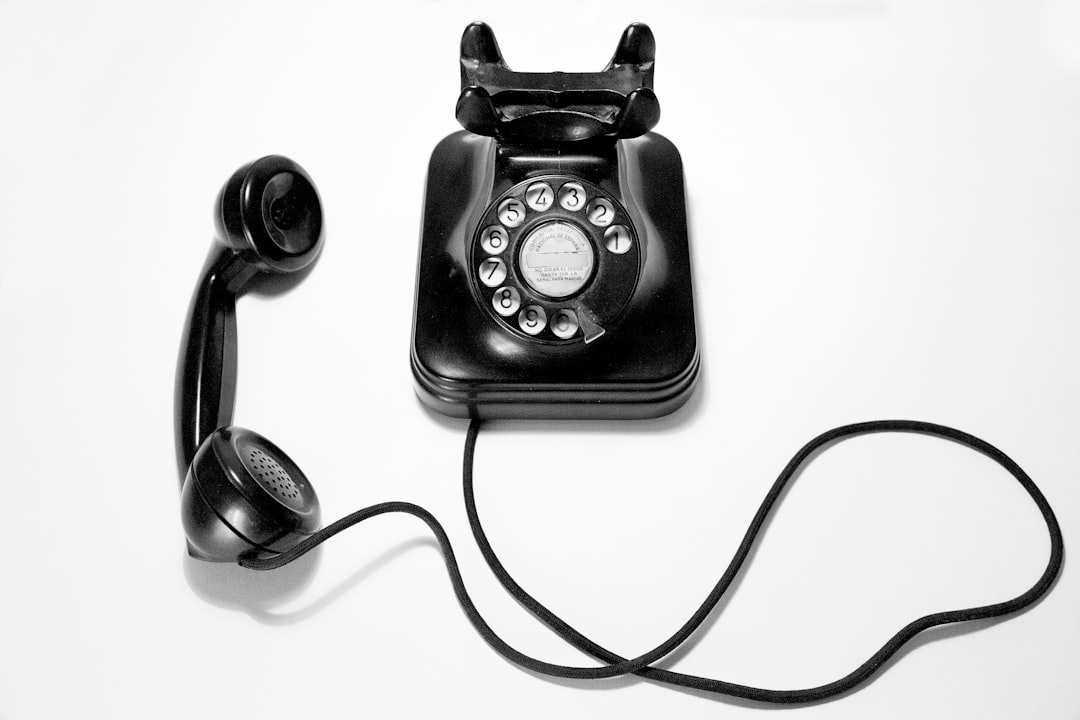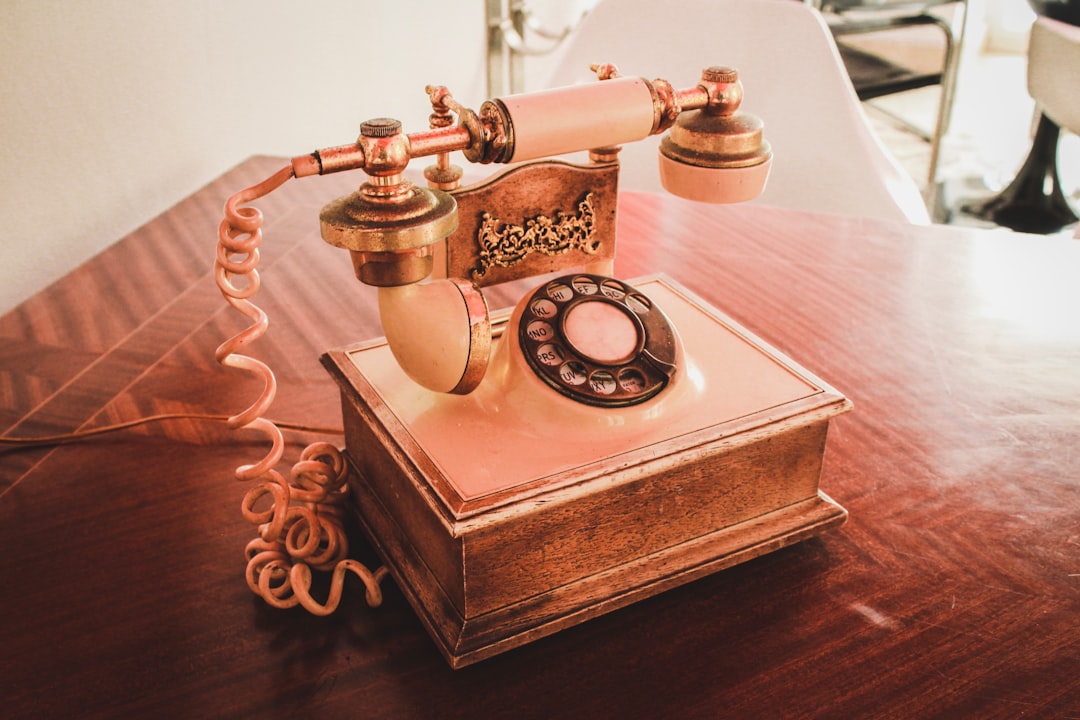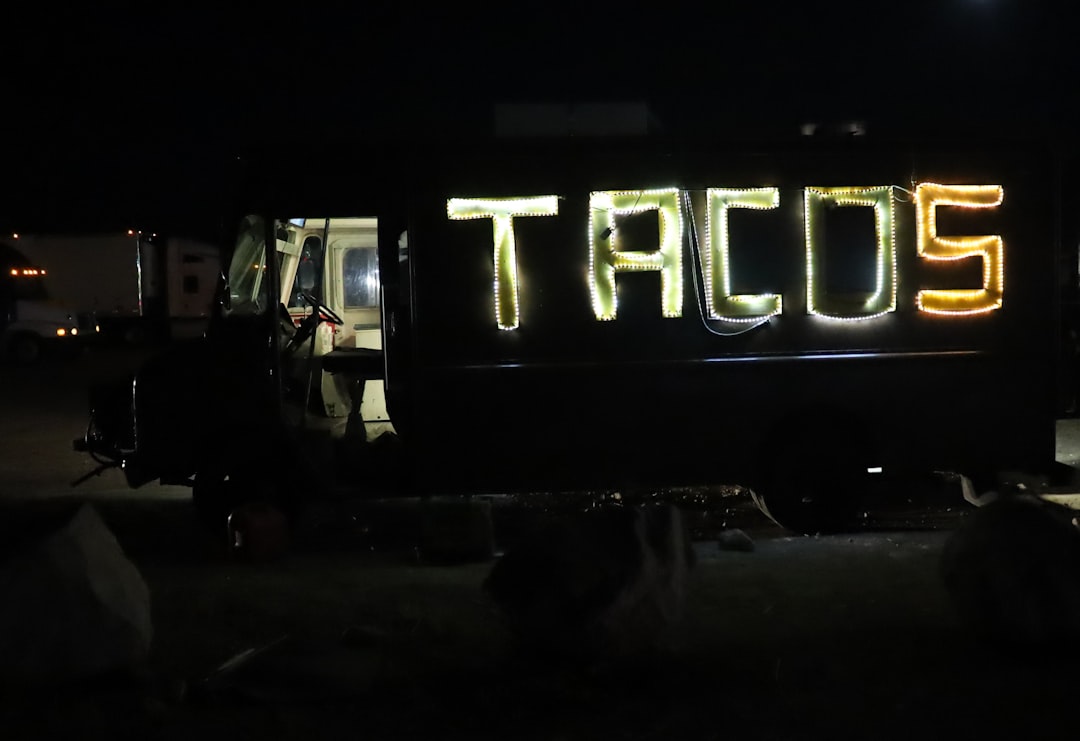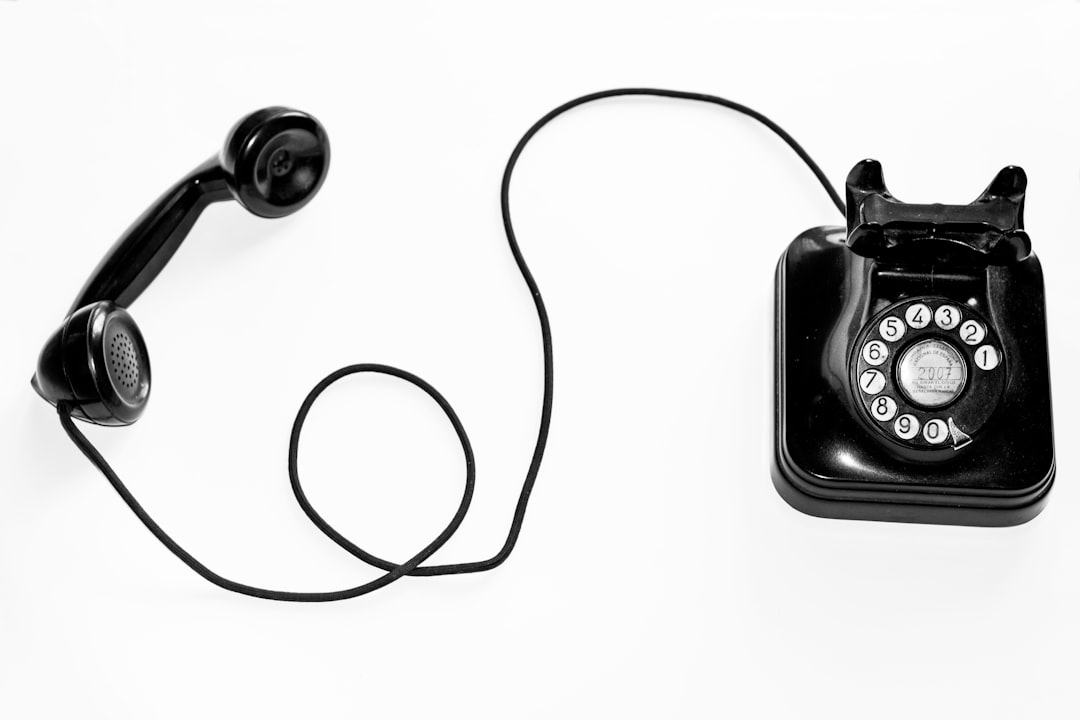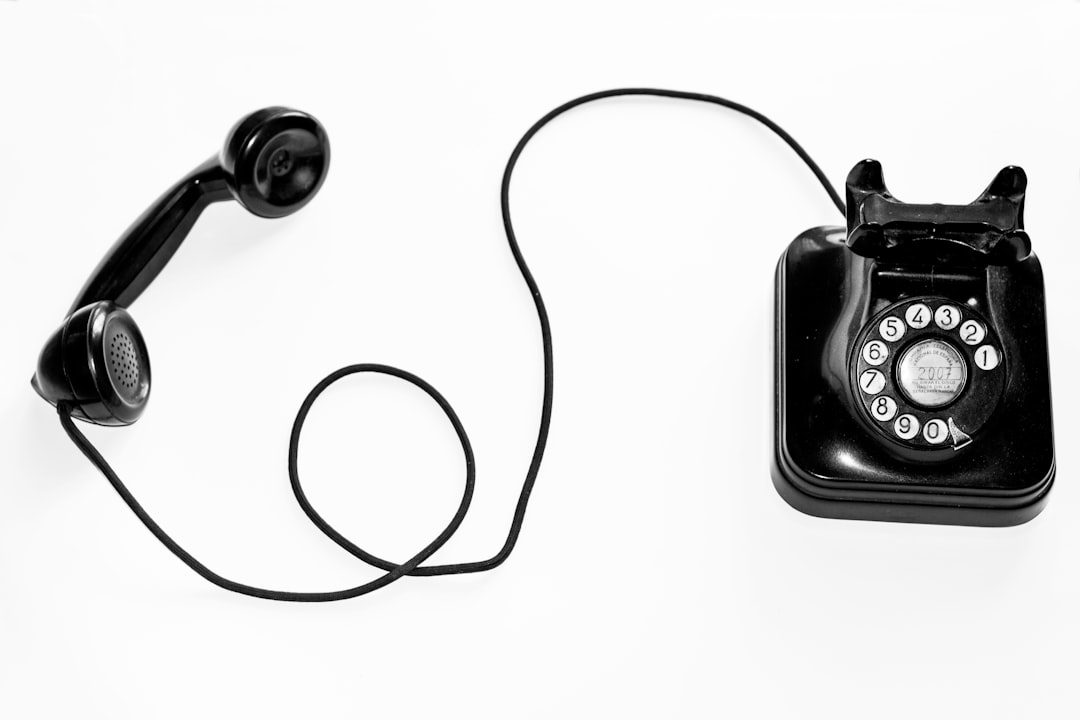In Nevada, strict Do Not Call laws protect residents from automated and prerecorded marketing calls (robocalls) without prior consent. Businesses and individuals must comply to avoid legal issues, fines, and reputational damage. Specialized Do Not Call lawyers in Nevada help ensure compliance, guide clients on their rights, and take action against violators, including robocall law firms. Consumers can protect themselves by registering on the Do Not Call list, contacting relevant offices, or seeking legal counsel from qualified professionals.
In Nevada, autodialed phone calls without prior permission are illegal under strict Do Not Call laws. This guide explores the legal implications of such actions, empowering residents to protect themselves from unwanted robocalls. We delve into what constitutes an autodialer, who qualifies as a lawyer in Nevada, and how to file complaints against law firms utilizing these tactics. Learn about common excuses that don’t hold up and discover your rights when faced with persistent robocalls. Find out the role of a Do Not Call Lawyer in Nevada and take action against violating law firms.
- Understanding Nevada's Do Not Call Laws
- What Is an Autodialer and How Does It Violate These Laws?
- The Legal Implications of Unpermitted Robocalls in Nevada
- Who Is Considered a Lawyer Under Nevada Law?
- How to File a Complaint Against a Law Firm Using an Autodialer
- Common Excuses for Auto-Dialer Use and Why They Don't Hold Up
- Protecting Yourself: Rights and Actions When Faced With Robocalls
- The Role of a Do Not Call Lawyer in Nevada
Understanding Nevada's Do Not Call Laws
In Nevada, understanding and adhering to the state’s Do Not Call laws is crucial for both businesses and individuals to avoid legal repercussions. These laws are designed to protect residents from unsolicited telephone marketing calls, often referred to as robocalls, that can be intrusive and deceptive. The Do Not Call Law in Nevada prohibits businesses from making automated or prerecorded telemarketing calls to Nevada residents unless the caller has obtained prior express written consent.
To ensure compliance, many Nevadans register their phone numbers with the state’s Do Not Call list. Residents can also put a stop to unwanted calls by contacting the attorney general’s office or consulting with a Do Not Call lawyer in Nevada or robocall attorney in Nevada. Legal experts at Do Not Call law firms in Nevada can guide individuals and businesses on how to navigate these regulations, ensuring they remain compliant while protecting their rights.
What Is an Autodialer and How Does It Violate These Laws?
An autodialer is a technology that uses automated phone systems to make outgoing calls en masse, often with the purpose of delivering pre-recorded messages or connecting callers to live agents. While it can be an efficient tool for businesses, its misuse can lead to significant legal repercussions, especially in the state of Nevada. The Do Not Call laws in Nevada are designed to protect residents from unsolicited phone marketing and telemarketing calls, including those made by autodialers.
These laws strictly regulate when and how robocall law firms or Do Not Call attorney firms can contact potential clients. Without explicit permission, making automated calls to individuals or businesses who have registered on the state’s Do Not Call list is a violation. Such actions can result in legal action against the offending law firm or Do Not Call lawyer, leading to substantial fines and damage to their professional reputation. Therefore, it’s crucial for firms offering legal services to adhere to these regulations to avoid becoming a nuisance to clients and facing potential lawsuits from those affected by unauthorized robocalls.
The Legal Implications of Unpermitted Robocalls in Nevada
In Nevada, the unlawful use of autodialers to make automated or prerecorded phone calls, known as robocalls, is a significant concern and has serious legal implications. The Do Not Call law in Nevada is designed to protect residents from unsolicited telemarketing calls, including robocalls. According to the Nevada Revised Statutes, making a robocall to any number listed on the state’s Do Not Call registry without prior express written consent is prohibited. This means that if a consumer has not given explicit permission for automated calls, it can be considered a violation of the law.
Do Not Call lawyers and attorneys in Nevada play a crucial role in helping individuals protect their rights against such unauthorized calls. If you receive robocalls despite being on the Do Not Call list, you have the right to take legal action. Contacting a qualified Do Not Call lawyer can help you understand your options, including seeking damages or requesting that the offending company cease and desist from making further unwanted calls. Robocall law firms specializing in Nevada’s consumer protection laws are well-equipped to guide clients through these issues, ensuring their rights are upheld and providing recourse when necessary.
Who Is Considered a Lawyer Under Nevada Law?
Under Nevada Law, the term ‘lawyer’ or ‘attorney’ includes not only those currently practicing law but also individuals who have previously held a valid license to practice law in the state. This definition expands beyond active practitioners to encompass former lawyers and legal professionals who have not actively practiced for an extended period but still hold a valid Nevada license. The scope also covers law firms, as ‘lawyer’ can refer to any entity authorized to practice law, including partnerships and corporations.
Nevada’s regulations regarding autodialers and robocalls are designed to protect consumers from unsolicited calls, especially those from law firms. If you are a resident of Nevada and receive automated or prerecorded calls from lawyers or law firms without your prior express permission, you may have legal recourse under the state’s Do Not Call laws. A lawyer for robocall issues in Nevada can guide individuals on their rights and options when dealing with such unwanted calls, ensuring compliance with local regulations.
How to File a Complaint Against a Law Firm Using an Autodialer
If you’ve received unwanted autodialed calls from a law firm in Nevada promoting their services or offering consultations, you have options to put an end to this practice. The first step is to understand your rights under Nevada’s Do Not Call laws. You can file a complaint with the Nevada Attorney General’s Office if a law firm has used an autodialer or prerecorded message to make calls without your explicit consent, violating the state’s Do Not Call regulations.
To initiate the process, gather evidence by keeping a log of the calls, including dates, times, and any specific details about the messages received. Then, visit the Nevada Attorney General’s website or contact their office directly to file a formal complaint against the law firm in question. They have the authority to investigate and take appropriate action, which may include fining the firm or sending cease-and-desist letters to stop such practices from continuing, ensuring your rights as a Nevada resident are respected. Remember, protecting yourself from unwanted robocalls is crucial, and knowing how to file a complaint is a significant step in maintaining peace and privacy.
Common Excuses for Auto-Dialer Use and Why They Don't Hold Up
Many businesses and organizations in Nevada use auto-dialers for marketing purposes, often citing convenience and cost-effectiveness as their primary justifications. They claim that pre-recorded messages are more efficient than live calls, allowing them to reach a larger audience with minimal effort. However, these excuses don’t hold up when scrutinized under Nevada’s strict Do Not Call laws.
In reality, auto-dialers often lead to increased consumer frustration and backlash. Automated calls can be seen as intrusive and disrespectful of individual privacy, especially if they are not requested or permitted. Moreover, many consumers find pre-recorded messages less persuasive and more likely to drive them away from a business rather than towards it. For businesses to comply with Do Not Call laws and maintain customer respect, they must prioritize consent and opt-in methods over automated, unsolicited calls, ensuring they only contact those who have explicitly agreed to receive their marketing messages. This approach aligns not just with legal requirements but also with building lasting relationships based on trust and mutual respect.
Protecting Yourself: Rights and Actions When Faced With Robocalls
When faced with relentless robocalls, it’s crucial to understand your rights and legal options in Nevada. The Do Not Call Registry, maintained by the Federal Trade Commission (FTC), allows individuals to register their phone numbers to limit automated marketing calls. However, despite this protection, many consumers still receive unwanted calls from robocall law firms or attorneys. If you’ve been a victim of these nuisance calls, it’s important to take action.
Seeking legal counsel from a reputable Do Not Call lawyer Nevada or Do Not Call attorney Nevada can be a strategic move. These professionals specialize in navigating the complex laws surrounding telemarketing practices and can help you understand your rights under both state and federal regulations. They may also assist in filing complaints with relevant authorities, such as the FTC, and represent you in legal actions against persistent robocallers. Protecting yourself from unwanted calls is not just about blocking numbers; it’s about asserting your privacy rights and ensuring that businesses adhere to ethical marketing practices.
The Role of a Do Not Call Lawyer in Nevada
In Nevada, dealing with unwanted autodialed calls, or robocalls, has become a growing concern among residents. This is where a Do Not Call Lawyer steps in to protect your rights under state laws. These legal professionals specialize in navigating the intricate regulations surrounding unsolicited telemarketing calls and can offer crucial guidance on how to assert your privacy rights.
A Do Not Call Attorney in Nevada can assist you in understanding and enforcing the state’s Do Not Call registry, which is designed to prevent businesses from making automated or prerecorded phone calls to consumers who have opted out. They can also help draft and send cease-and-desist letters to violators, ensuring that your rights are respected and protected against invasive robocalls. With their expertise, residents of Nevada can take proactive measures to challenge autodialer use without express permission.
